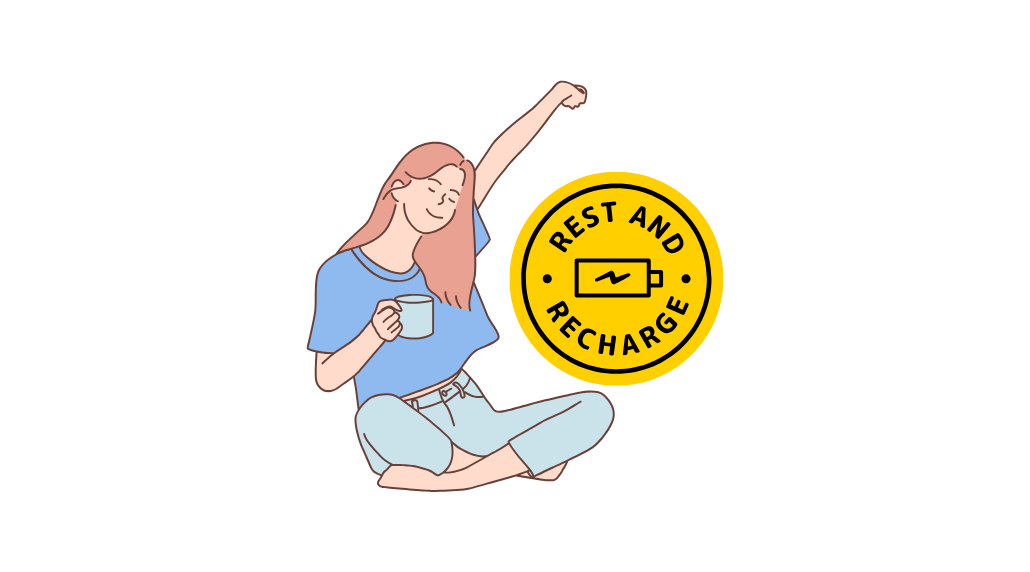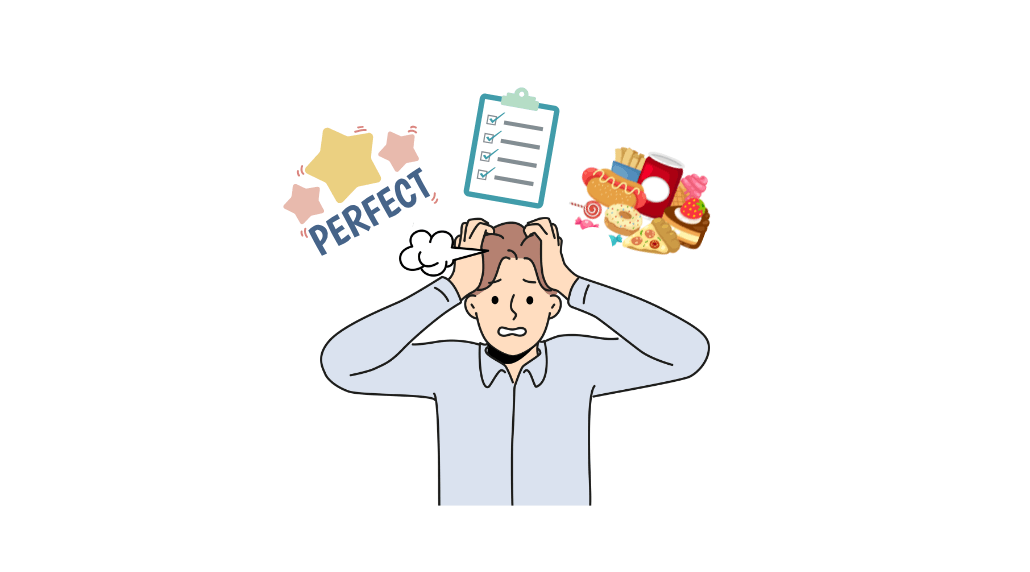How to Navigate Travel Without Food Addiction Setbacks
Travel can be a time of excitement, new experiences, and much-needed rest. But if you’re in recovery from food addiction, it can also bring unexpected challenges - disrupted routines, limited food choices, emotional triggers, and that feeling of being “off track.” Whether it’s a weekend away or a long-haul holiday, travel can shake the sense of safety and structure that’s so helpful in recovery.
But here’s the truth: You can still enjoy travel without spiralling back into old patterns. With a little preparation, a dose of self-compassion, and a flexible mindset, it’s possible to stay grounded and connected to yourself wherever you go.
Why Travel Can Be Triggering in Recovery
Travel brings a lot of things at once, change, unpredictability, stimulation, and sometimes stress. For someone in recovery from food addiction, those shifts can quietly open the door to:
Loss of routine (which normally provides structure and safety)
Feelings of being out of control
Emotional eating due to stress, loneliness, or anxiety
Availability of trigger foods in unfamiliar environments
Social pressure around food and drink
Guilt after moments of overeating or “slipping up”
If you’ve experiences this before, you’re not alone. It doesn’t mean you’re failing, it just means you need a plan that supports your recovery even while you’re away.
Before You Travel: Set Yourself Up for Success
1. Check in With Your Intentions
Before you pack a single thing, take a quiet moment to ask yourself:
“What does support look like for me on this trip?”
Maybe it’s choosing comfort over control. Maybe it’s allowing yourself to enjoy local food mindfully. Or maybe it’s simply coming home without shame, no matter what happens. Defining your intention - not your rules - helps ground you in recovery rather than restriction.

2. Pack Your Recovery Tools
This doesn’t have to be a suitcase full of snacks (although a few safe foods can help!). Think about:
A journal to check in with your thoughts and emotions
Guided meditations or breathing exercises on your phone
Headphones for a calming playlist or podcast
A small reminder from your recovery community - even a kind note to yourself
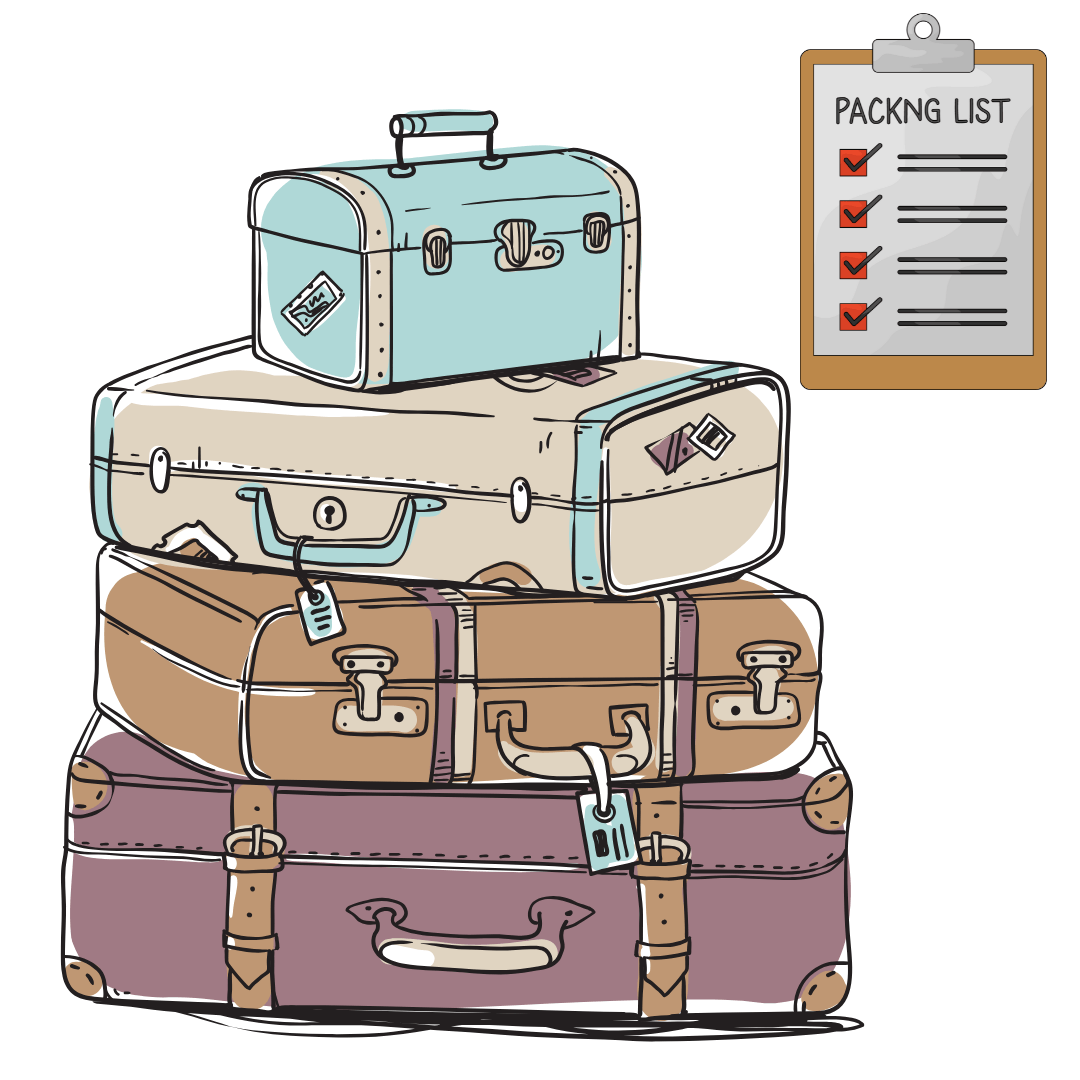
3. Plan for Tricky Moments
Ask yourself: “What usually trips me up when I travel?”
Maybe it’s the airport lounge, the hotel buffet, late-night cravings in a new city, or feeling lonely in the evening. When you know your triggers, you can prepare gentle strategies to support yourself.
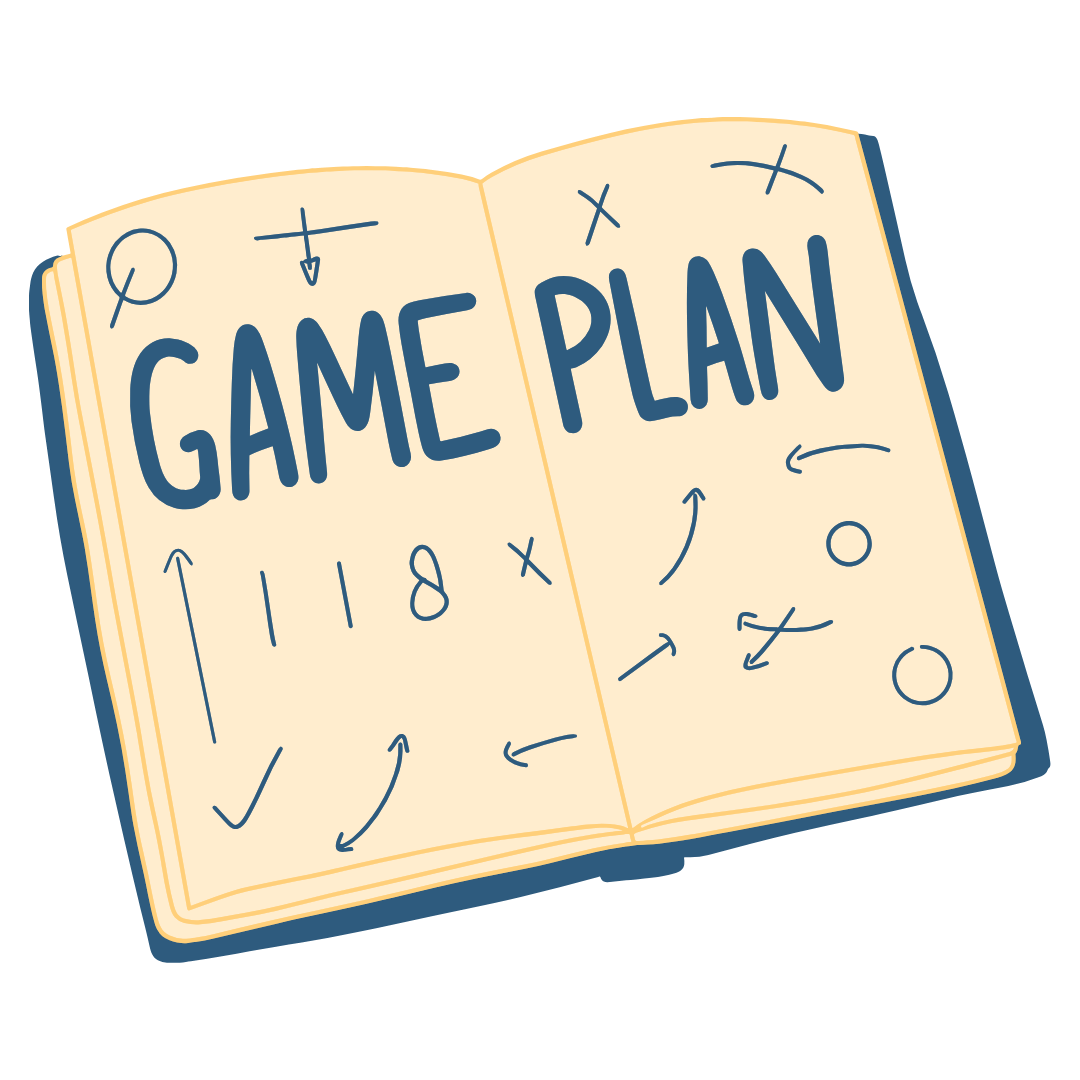
While You’re Away: Stay Grounded in Kindness
1. Keep a Simple Rhythm
Even when your schedule is full, try to keep a few familiar anchors:
Drink water regularly
Pause to breathe before meals
Check in with how you feel - emotionally and physically
Rest when you need it (travel is exhausting!)
You don’t have to replicate your usual routine perfectly, just gently hold onto what makes you feel safe and steady.
2. Eat With Awareness, Not Anxiety
It’s only to enjoy new foods while travelling. You are not breaking your recovery by eating a croissant in Paris or pasta in Italy. What matters is how present you are while eating it.
Try to:
Slow down and notice the flavours
Ask yourself if you’re truly hungry, or needing comfort
Stop when you feel comfortably full (or earlier, if the food is triggering)
Let go of the “all-or-nothing” thinking. One food doesn’t undo your progress
3. Stay Connected
Just because you’re away physically doesn’t mean you have to disconnect emotionally. Keep in touch with your recovery community if possible, even a simple message to a friend or group can help. And if you don’t have that yet? Consider writing in a journal or using voice notes to check in with yourself. You’re allowed to need support, even on holiday.
If You Slip Up, It’s Not the End
Let’s be honest, setbacks can happen. You might overeat, you might eat something that triggers guilt or shame, you might feel like you’ve ruined everything. But here’s the truth:
You haven’t ruined anything
You’re allowed to be human
You can return to yourself, with kindness, at any time
Recovery isn’t about perfection. It’s about coming back to yourself, again and again, no matter how far you feel you’ve strayed.
Coming Home: Reflect With Compassion
When you return, take time to reflect:
What helped you stay grounded?
What felt difficult?
What would you do differently next time?
What are you proud of?
Instead of judging yourself, use your experience as a way to learn more about what you need, and how you can continue building a life that supports recovery, anywhere.
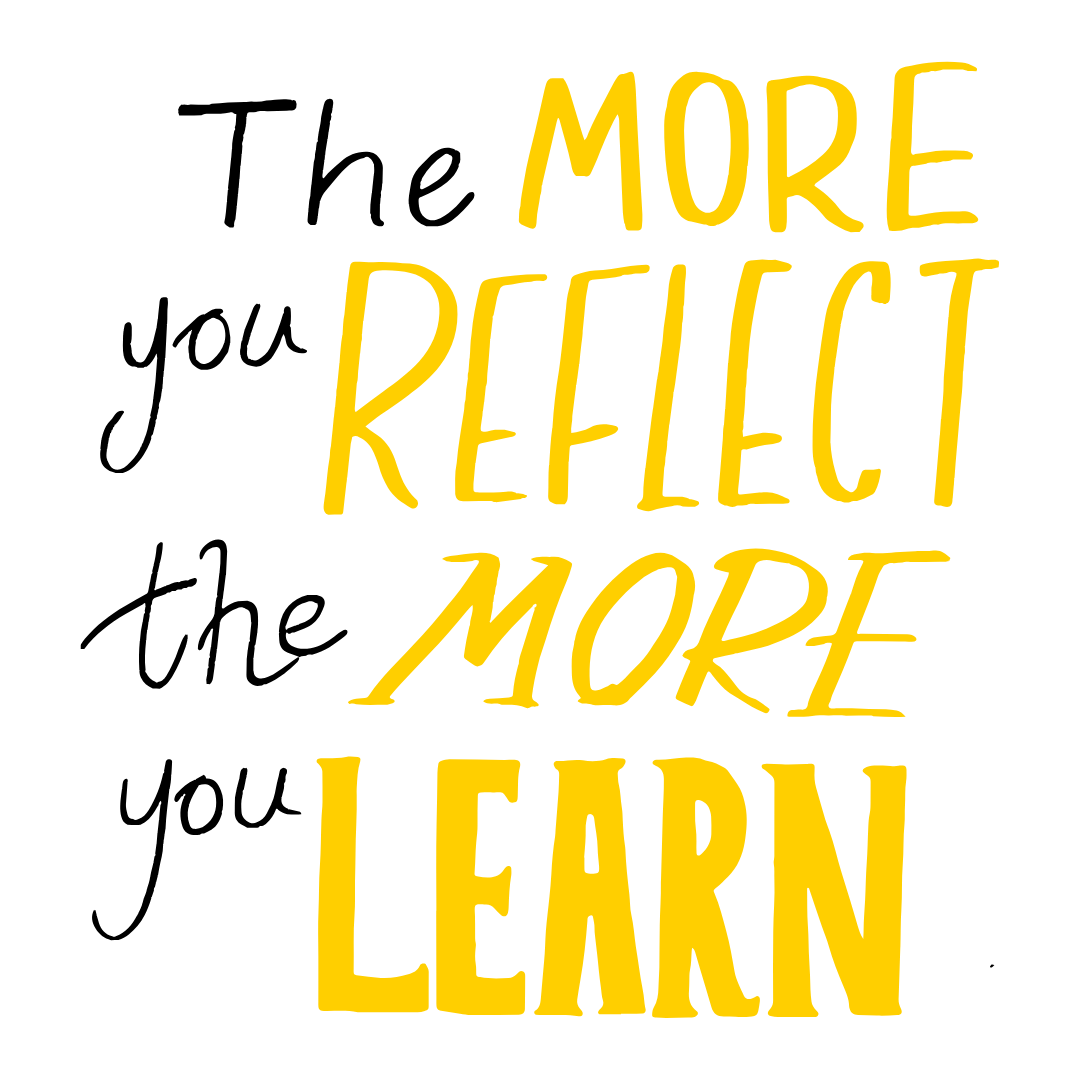
Final Thoughts
Travelling while in recovery from food addiction takes courage. You’re stepping out of your comfort zone while trying to protect something deeply personal and sacred: your healing.
Remember, your recovery doesn’t pause just because your postcode changes. It comes with you, in every choice, every pause, every breath.
~ You are allowed to enjoy your life
~ You are allowed to experience joy without guilt
~ And you are strong enough to travel without losing yourself
Need Support?
Join our community or reach out to talk with others who get it.
You don’t have to do this alone.
Copyright © 2025 · Food Addiction UK

